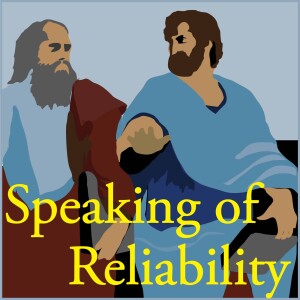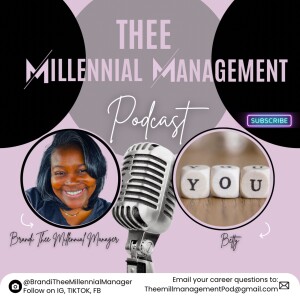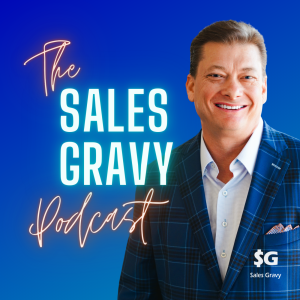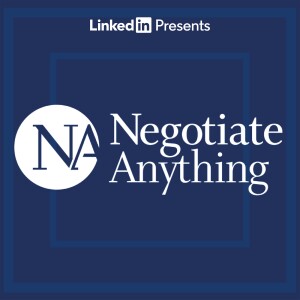

Speaking Of Reliability: Friends Discussing Reliability Engineering Topics | Warranty | Plant Maintenance
https://accendoreliability.com/series/sor/feed/Episode List

Training Options
Training Options Abstract Kirk and Fred discuss the evolution of ways to learn reliability and failure analysis with so much information available on the internet. Key Points Join Kirk and Fred as they discuss the many different training options for understanding reliability issues Topics include: Internet searches can now provide access to many different sources of information, from books to videos on how to discover and repair many types of consumer products, but the best understanding comes from disassembling the failed system and seeing the real causes. YouTube and other online sources, such as Reddit and Google, can quickly show how to go about troubleshooting a failure and how to repair, which may be better than any user manual from the manufacturer Online AI tools such as ChatGPT can provide a vast amount of training materials, although it currently sometimes fabricates some information, so it cannot always be trusted. AI tools are very dependent on how a query is made, and your own understanding of the basics of the subject you are researching, and much of the material and previously published material that the Large Language Models AI uses may be wrong Enjoy an episode of Speaking of Reliability. Where you can join friends as they discuss reliability topics. Join us as we discuss topics ranging from design for reliability techniques to field data analysis approaches. Download Audio RSS Show Notes Please click on this link to access a relatively new analysis of traditional reliability prediction methods article from the US ARMY and CALCE titled “Reliability Prediction – Continued Reliance on a Misleading Approach”. It is in the public domain, so please feel free to distribute it. Attempting to predict reliability is a misleading and costly approach to use for developing a reliable system. Here is a link to the book “Next Generation HALT and HASS: Robust design of Electronics and Systems,” written by Kirk Gray and John Paschkewitz. The post SOR 1108 Training Options appeared first on Accendo Reliability.

Failure Mechanism Awareness
Failure Mechanism Awareness Abstract Kirk and Fred discuss the many different failure mechanisms and the need for understanding the failure mechanisms and causes of failures. Key Points Join Kirk and Fred as they discuss why it is necessary to have an understanding of material science and the physics of failure mechanisms to do a thorough failure analysis. Topics include: We expect our vendors and all of the long chain of their material suppliers to provide a reliable component consistently, but sometimes they are unaware that their own suppliers have a production excursion Sometimes a new failure mechanism is discovered, similar to what Kirk discovered about extremely pure water used for cooling in an Ion Implanter used in semiconductor manufacturing, when a leak dripped onto a PWBA. IC manufacturers have proprietary formulas for encapsulating the die, but any of their chain of material suppliers can lose process control, which results in a latent defect that can lead to failures in many different products using that component. Enjoy an episode of Speaking of Reliability. Where you can join friends as they discuss reliability topics. Join us as we discuss topics ranging from design for reliability techniques to field data analysis approaches. Download Audio RSS Show Notes Please click on this link to access a relatively new analysis of traditional reliability prediction methods article from the US ARMY and CALCE titled “Reliability Prediction – Continued Reliance on a Misleading Approach”. It is in the public domain, so please feel free to distribute it. Attempting to predict reliability is a misleading and costly approach to use for developing a reliable system. Here is a link to the book “Next Generation HALT and HASS: Robust design of Electronics and Systems,” written by Kirk Gray and John Paschkewitz. The post SOR 1107 Failure Mechanism Awareness appeared first on Accendo Reliability.

What's So Hard About Planning
What’s So Hard About Planning Abstract Carl and Fred discuss a subject that some people find difficult. How to plan for reliability. Play Episode

Office Hours, Plus
Soft Skills Plus Abstract Carl and Fred discuss the wide range of soft skills that reliability engineers need to learn, in order to be fully successful in their jobs. Play Episode

Overcoming Product Protections for HALT
Overcoming Product Protections for HALT Abstract Kirk and Fred discuss turning off the built-in over-temperature production circuits to perform thermal HALT. Key Points Join Kirk and Fred as they discuss the methods for testing the empirical thermal limits of a power supply or circuit board. Topics include: If possible, the thermal over-temperature protection (OTP) devices should be disabled, but it may not be possible, and we discuss the potential options for overcoming these limits. CPUs in PCs all have a thermal diode shutdown circuit built into the CPU die, but the manufacturer will not provide the code to override it, so an alternative was to use a water-cooled heat sink cooled from outside the chamber. The empirical limits found in a HALT should not be shared with all the internal departments, as it might be mistaken as a safe operational range if it is disclosed to the marketing department. HALT is based on the strength of materials and the fundamental limits of the current technologies, and not the end-use conditions or environments. Thermal HALT on a product that still has a thermal OPT only tests one device, the OTP, and you will not discover the real distribution of margins and strength of multiple samples. Enjoy an episode of Speaking of Reliability. Where you can join friends as they discuss reliability topics. Join us as we discuss topics ranging from design for reliability techniques to field data analysis approaches. Download Audio RSS Show Notes Please click on this link to access a relatively new analysis of traditional reliability prediction methods article from the US ARMY and CALCE titled “Reliability Prediction – Continued Reliance on a Misleading Approach”. It is in the public domain, so please feel free to distribute it. Attempting to predict reliability is a misleading and costly approach to use for developing a reliable system. Here is a link to the book “Next Generation HALT and HASS: Robust design of Electronics and Systems,” written by Kirk Gray and John Paschkewitz. The post SOR 1104 Overcoming Product Protections for HALT appeared first on Accendo Reliability.
You may also like
Create Your Podcast In Minutes
- Full-featured podcast site
- Unlimited storage and bandwidth
- Comprehensive podcast stats
- Distribute to Apple Podcasts, Spotify, and more
- Make money with your podcast












